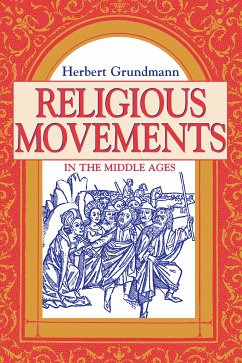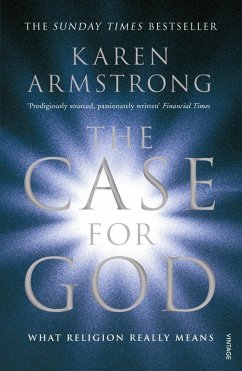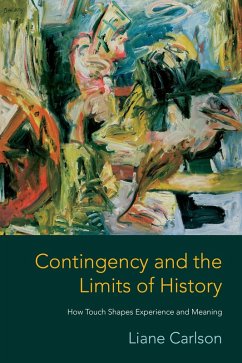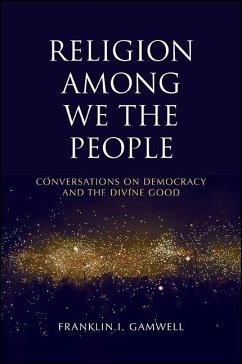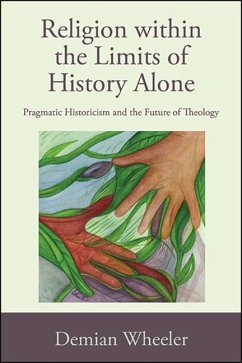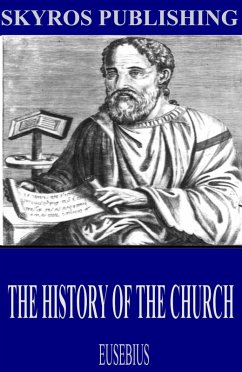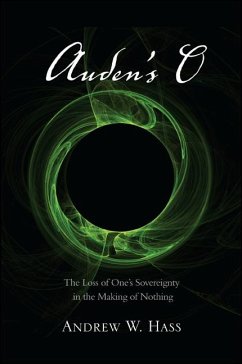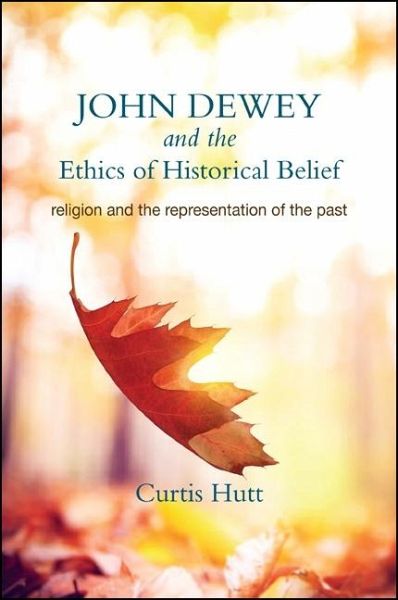
John Dewey and the Ethics of Historical Belief (eBook, ePUB)
Religion and the Representation of the Past
Versandkostenfrei!
Sofort per Download lieferbar
25,95 €
inkl. MwSt.
Weitere Ausgaben:

PAYBACK Punkte
13 °P sammeln!
Uses the thought of John Dewey to address the ethics of historical belief within religious and critical historiographical traditions.John Dewey and the Ethics of Historical Belief addresses the ethics of the representation of the past with a focus on the justification of historical belief within religious and critical historiographical traditions. What makes a belief about the past justified? What makes one historical belief preferable to another? A great deal rides on how these questions are answered. History textbook wars take place across the globe, from California to India. Cultural herita...
Uses the thought of John Dewey to address the ethics of historical belief within religious and critical historiographical traditions.
John Dewey and the Ethics of Historical Belief addresses the ethics of the representation of the past with a focus on the justification of historical belief within religious and critical historiographical traditions. What makes a belief about the past justified? What makes one historical belief preferable to another? A great deal rides on how these questions are answered. History textbook wars take place across the globe, from California to India. Cultural heritage protection is politicized and historical research is commonly deployed in support of partisan agendas.
This book explores not only John Dewey's relatively unknown contribution to this topic, but also the leading alternatives to his approach. Author Curtis Hutt focuses attention on the debate among those most influenced by Dewey's thought, including Richard Rorty, Richard Bernstein, James Kloppenberg, Wayne Proudfoot, and Jeffrey Stout. He also reviews the seminal work of Van Harvey on the relationship between historians and religious believers. Dewey is cast as a vigorous opponent of those who argue that justified historical belief depends upon one's religious tradition. Strongly resisted is the idea that historical belief can be justified simply on account of acculturation. Instead, Dewey's view that beliefs are justified as a result of theorized historical inquiry is emphasized. In order to prevent moral blindness, the responsible historian and theologian alike are advised to attend to witnesses to the past that arise from outside of their own traditions.
John Dewey and the Ethics of Historical Belief addresses the ethics of the representation of the past with a focus on the justification of historical belief within religious and critical historiographical traditions. What makes a belief about the past justified? What makes one historical belief preferable to another? A great deal rides on how these questions are answered. History textbook wars take place across the globe, from California to India. Cultural heritage protection is politicized and historical research is commonly deployed in support of partisan agendas.
This book explores not only John Dewey's relatively unknown contribution to this topic, but also the leading alternatives to his approach. Author Curtis Hutt focuses attention on the debate among those most influenced by Dewey's thought, including Richard Rorty, Richard Bernstein, James Kloppenberg, Wayne Proudfoot, and Jeffrey Stout. He also reviews the seminal work of Van Harvey on the relationship between historians and religious believers. Dewey is cast as a vigorous opponent of those who argue that justified historical belief depends upon one's religious tradition. Strongly resisted is the idea that historical belief can be justified simply on account of acculturation. Instead, Dewey's view that beliefs are justified as a result of theorized historical inquiry is emphasized. In order to prevent moral blindness, the responsible historian and theologian alike are advised to attend to witnesses to the past that arise from outside of their own traditions.
Dieser Download kann aus rechtlichen Gründen nur mit Rechnungsadresse in A, D ausgeliefert werden.




